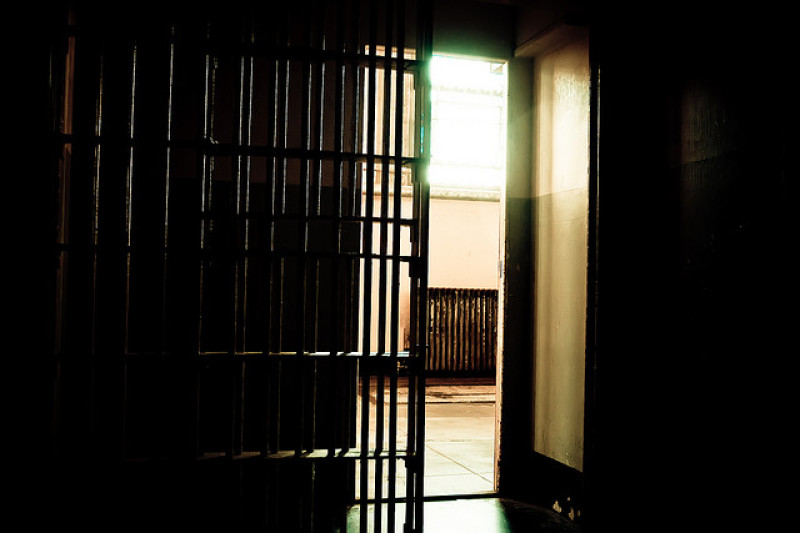
Hundreds of biologically male prison inmates have sent in requests to the California Department of Corrections and Rehabilitation (CDCR) to facilitate their transfer to a women's prison because they believe their "gender identity" is female.
Some 261 biologically born male inmates may now be transferred to a women's prisons under the California law that allows it. The legislation known as S.B. 132 or "The Transgender Respect, Agency and Dignity Act," was signed into law by Democratic Gov. Gavin Newsom in September and took effect this year.
S.B. 132 requires the Department of Corrections and Rehabilitation to "house the person in a correctional facility designated for men or women based on the individual's preference." Inmates will then have the right to be placed in a correctional facility of their choosing based on their "gender identity."
This will also include programs such as the Alternative Custody Program, Custody to Community Transitional Reentry Program, Male Community Reentry Program, and Community Prisoner Mother Program.
According to FOX News, as much as 261 transgender identifying inmates have put in a request since January 1 this year, heightening fears among staff and inmates in women's prisons that the inpouring of biologically male inmates may lead to increased sexual violence. Prison guards have also begun warning female inmates that "men are coming" and to "prepare for the worst."
California's prison system has already transferred four inmates to the Chowchilla women's prison and approved 21 more gender-based housing requests. Of 261 requests, none were denied and only six inmates requested to be placed in a men's facility. Concerns that some men would pretend to have a female "gender identity" to be transferred to a women's prison and abuse the law has heightened.
The Daily Caller spoke to 41 year-old Tomiekia Johnson, a prison inmate at Chowchilla who has expressed concerns over the male inmates in California who will be transferred to women's prisons. She said, "[Staff] say we're going to need a facility that's going to be like a maternity ward. They say we're going to have an inmate program where inmates become nannies."
Terry Thornton, a prison spokeswoman, reassured FOX that the CDCR is "committed to providing a safe, humane, rehabilitative and secure environment for all people housed in its institutions," including women's prisons. She explained that S.B. 132 helps the prison system create a safer, more respectful environment for their transgender, non-binary, and intersex inmates whil preventing sexual abuse.
She added that the CDCR already has in place a classification process that reviews an inmate's history before and during his sentence, medical and mental health records, and safety concerns.
Thornton highlighted that the CDCR also abides by the Prison Rape Elimination Act (PREA), which categorizes inmates as "at risk as a victim, at risk as an abuser, or not identified as being at risk." Based on these categories, they can identify which inmates cannot be housed in a cell with another.
For now, the transfers have slowed down due to the COVID-19 pandemic, FOX added.
























